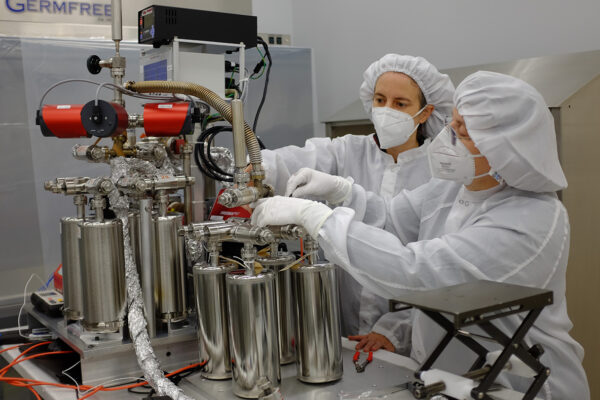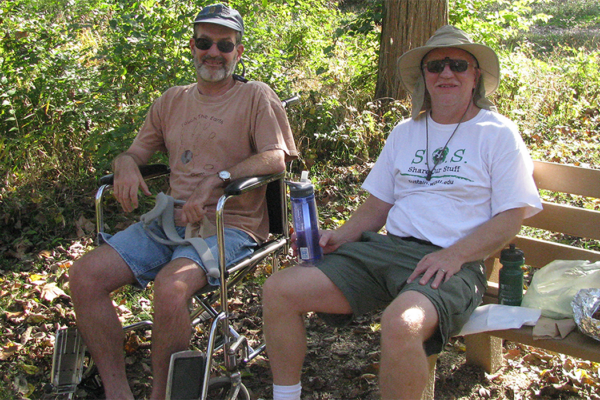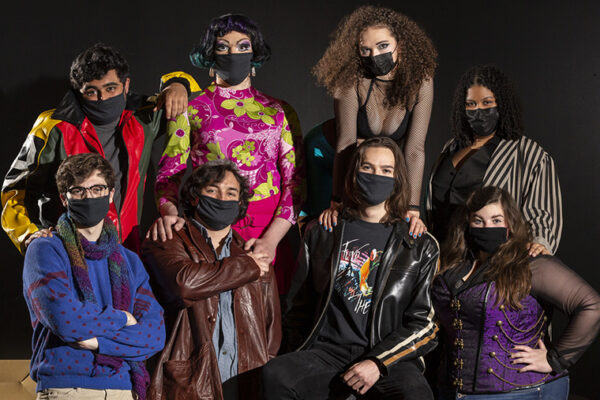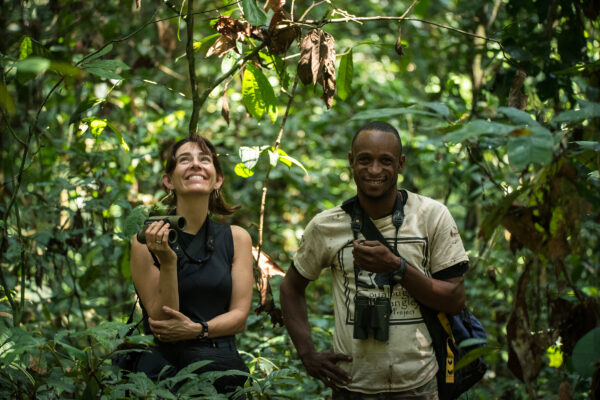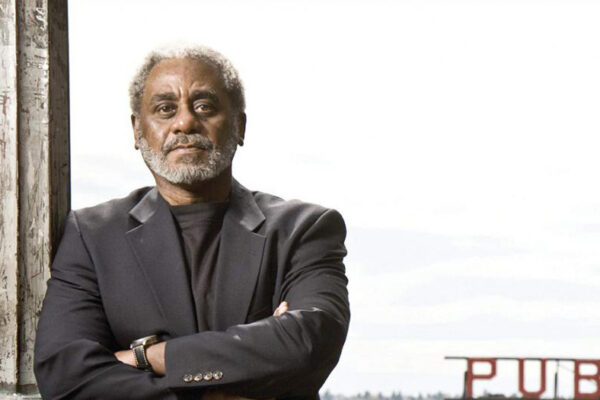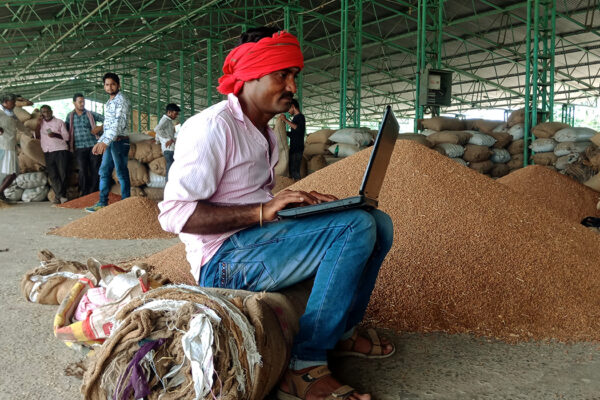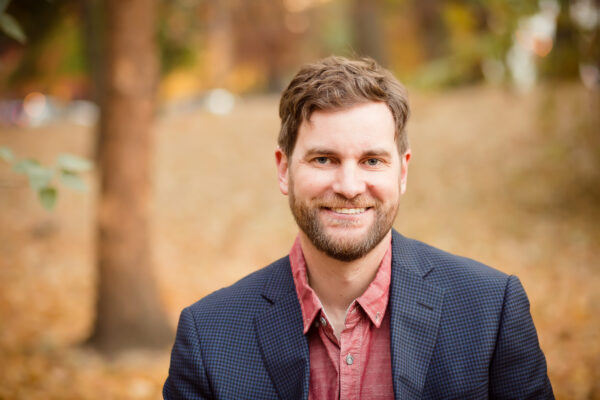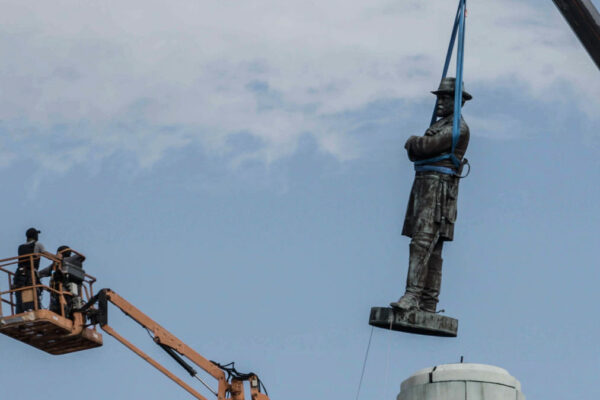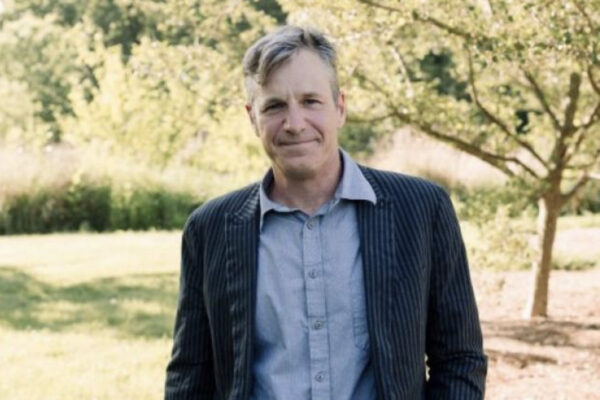Recovering gases from Moon rocks
Led by physicist Alex Meshik in Arts & Sciences, Washington University scientists designed and built the device that NASA is using to extract gases from a lunar sample from the Apollo 17 mission.
Honoring a dying wish
Mike Yochim spent his final months writing a book about the effects of climate change on national parks. Bill Lowry, professor emeritus of political science in Arts & Sciences, ensured his friend’s final words would be heard.
PAD presents ‘Rent’ March 3-6
Things are hard. Sickness rages. Money is tight and the landlord’s mad. The stage is set for “Rent,” Jonathan Larson’s Pulitzer Prize- and Tony Award-winning rock musical about young artists struggling to survive in New York’s East Village.
From the Congo to the carpool
As a world-class anthropologist who has made it her life’s work to study primate sociality, Crickette Sanz knows firsthand how important it is to forge strong social connections to help her achieve work/life balance.
Faculty Book Celebration March 3
Acclaimed author, cartoonist, philosopher, screenwriter and essayist Charles Johnson, who won the 1990 National Book Award for his novel “Middle Passage,” will present the keynote address for the 2022 Faculty Book Celebration at Washington University in St. Louis.
Big data arrives on the farm
Precision agriculture is beginning to shape the strategies and choices of farmers around the world, according to a new analysis by Glenn Stone, professor of anthropology and of environmental studies in Arts & Sciences.
APS selects Bogdan as fellow
Ryan Bogdan, associate professor of psychological and brain sciences in Arts & Sciences, has been named a fellow of the Association for Psychological Science.
‘The Neutral Ground’
Filmmaker CJ Hunt, a field producer for the Daily Show, will discuss his new documentary “The Neutral Ground,” which recounts the struggle to remove Confederate monuments in New Orleans, March 8.
Seismic study reveals key reason why Patagonia is rising as glaciers melt
Douglas Wiens in Arts & Sciences led one of the first seismic studies of the Patagonian Andes, where glaciers are melting at some of the fastest rates on the planet. The team discovered and described a key link between ice mass loss, uplift and a gap between tectonic plates.
Craver wins National Science Foundation grant
Carl F. Craver, a professor of philosophy and of philosophy-neuroscience-psychology in Arts & Sciences, has won a grant of $282,603 from the National Science Foundation for research on time and episodic memory.
View More Stories
